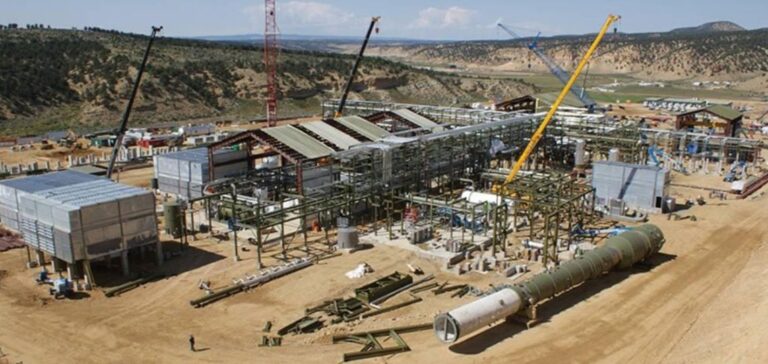Quantum Capital Group has completed the acquisition of the assets of Caerus Oil and Gas for USD 1.8 billion.
This transaction enables Quantum to acquire considerable reserves in the Piceance and Uinta basins, consolidating its position in the natural gas market, a key energy sector in the United States.
The assets include strategic gas fields and gathering and compression infrastructure, positioning Quantum as a major player in the supply of natural gas to western markets.
Strengthening the energy portfolio
The acquisition of these assets, managed via QB Energy and KODA Resources, marks a significant expansion of Quantum’s energy portfolio.
The newly created QB Energy oversees operations in the Piceance Basin, an area renowned for its vast natural gas reserves.
At the same time, KODA Resources, already affiliated to Quantum, has established itself in the Uinta Basin, thereby increasing its operational capabilities.
This transaction enables Quantum to optimize crucial energy resources, while integrating an experienced workforce from Caerus Oil and Gas, ensuring a smooth transition and operational continuity.
The scale of the reserves acquired offers significant potential to meet the growing need for natural gas, an energy source deemed essential to support decarbonization objectives.
Prospects for expansion and innovation
The Piceance and Uinta basins offer long-term development potential, with reserves exploitable over several decades.
Quantum’s strategic approach is to maximize the efficiency of these assets while ensuring sustainable and responsible production.
Caerus, under the leadership of Dave Keyte, has already set precedents in technological innovation, notably by adopting sandless fracturing methods, thereby reducing the environmental footprint of operations.
The integration of these innovations into the practices of QB Energy and KODA Resources should enable continuous improvement of production processes.
Quantum is thus positioned to play a central role in the supply of natural gas to the western United States, responding to growing demand in a context of energy transition.






















